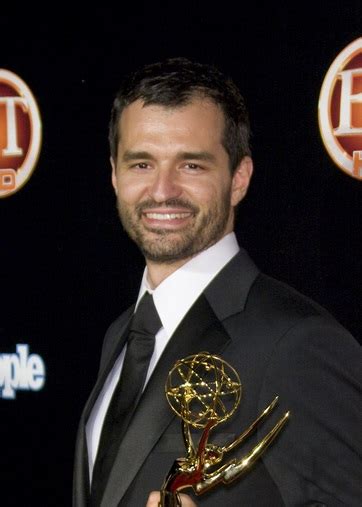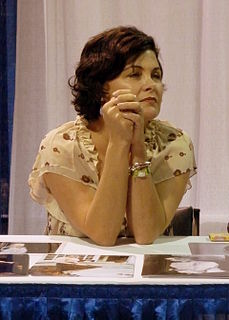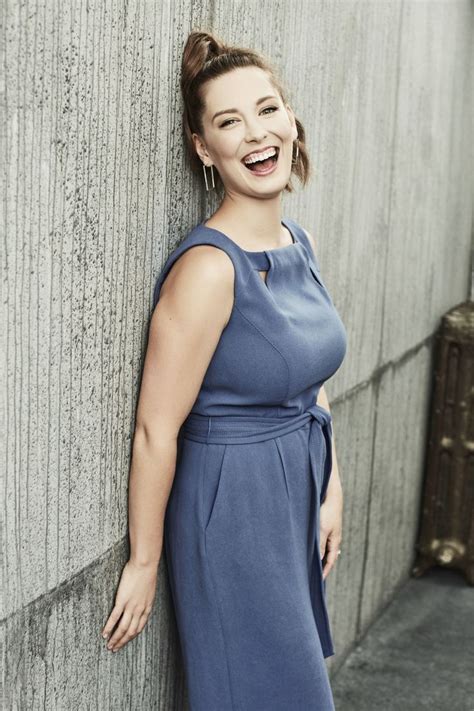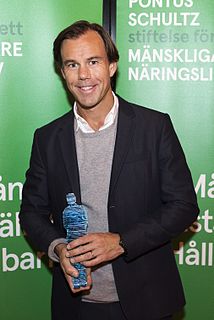A Quote by Queen Rania of Jordan
Eighty percent of my life is normal like any other mother. I worry about my children, if they're doing all right. I worry that my husband is doing well. The 20 percent is just the queen aspect that factors in. But for me, it's life as usual, and it's just taking care of my family.
Related Quotes
I worry about growing income inequality. But I worry even more that the discussion is too narrowly focused. I worry that our outrage at the top 1 percent is distracting us from the problem that we should really care about: how to create opportunities and ensure a reasonable standard of living for the bottom 20 percent.
I don't feel competitive with other filmmakers. I think we're all working to the same goal. When I see great craft, I don't care who's doing it, what network it's on, where they came from. I just love it and celebrate it, and I just worry about the work I'm doing and what's right for the projects I'm doing.
A wife, if she is very generous, may allow that her husband lives up to perhaps eighty percent of her expectations. There is always the other twenty percent that she would like to change, and she may chip away at it for the whole of their married life without reducing it by very much. She may, on the other hand, simply decide to enjoy the eighty percent, and both of them will be happy.
Economists often talk about the 80/20 Principle, which is the idea that in any situation roughly 80 percent of the “work” will be done by 20 percent of the participants. In most societies, 20 percent of criminals commit 80 percent of crimes. Twenty percent of motorists cause 80 percent of all accidents. Twenty percent of beer drinkers drink 80 percent of all beer. When it comes to epidemics, though, this disproportionality becomes even more extreme: a tiny percentage of people do the majority of the work.
The stuff that I used to worry about before, it's like I don't worry about it anymore. Which is kind of a beautiful result of having a baby. It's like everything gets so simple. It's like, 'Great, I care about how you're doing. I care about getting you what you need, and the rest of this stuff, if it happens, great, if it doesn't happen, oh well.'
Ninety-nine percent of everyday things are things we don't need - that goes for regular visits to the hairdresser just as it does for clothing. What would it mean if we all consumed 20 percent less? It would be catastrophic. It would mean 20 percent less jobs, 20 percent less taxes, 20 percent less money for schools, doctors, roads. The global economy would collapse.





































